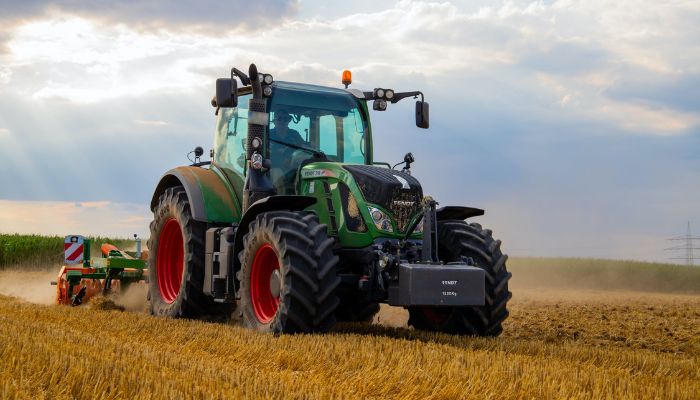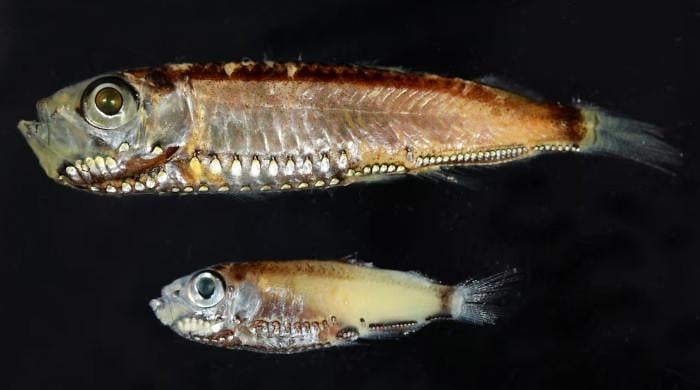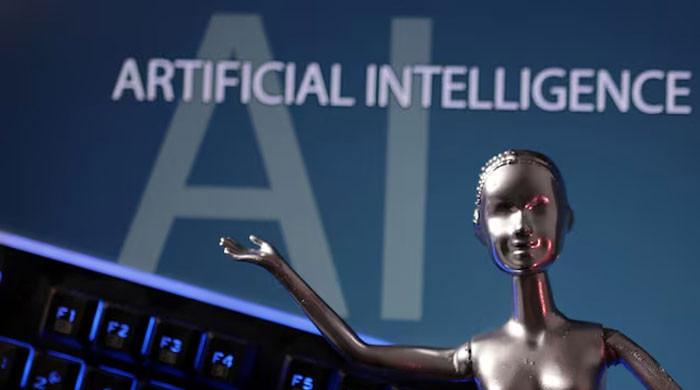World's first tractor that is 'powered by cow dung' could be revolutionary
During a test run on a farm in Cornwall, carbon dioxide emissions were reduced from 2,500 tonnes to 500 tonnes in just one year
January 07, 2023

The first tractor in the world that is entirely powered by cow dung has been developed by a British business.
The T7 vehicle, which is reported to be the first of its type, is fuelled by liquid methane gas and might signal a turning point in the efficient provision of energy on farms.
The ground-breaking 270-horsepower tractor uses fuel made from farmyard dung and is reported to perform on par with counterparts powered by normal diesel engines. It functions by transferring waste byproducts from herds as small as 100 cows to on-site biomethane storage tanks.
Following treatment and compression, the gas, also known as fugitive methane, is converted into the low emission fuel. The tractor's cryogenic tank holds the liquid methane at -162 degrees, providing it the same amount of power as a diesel but with significant emission reductions.
The Cornish business Bennamann, which has been studying and developing biomethane production for more than ten years, is the creator of the ground-breaking device. During a test run on a farm in Cornwall, carbon dioxide emissions were reduced from 2,500 tonnes to 500 tonnes in just one year.
“The T7 liquid methane-fuelled tractor is a genuine world-first and another step towards decarbonising the global agricultural industry and realising a circular economy,” Bennamann co-founder Chris Mann explained in a statement.
“Methane also has more than 80 times the atmosphere warming power of carbon dioxide over 20 years, so by removing it and putting it to good use we are helping to rapidly tackle global warming. We’ve shown that harnessing the potential of biomethane can make farms energy-independent and carbon-neutral.”
The New Holland T7 Methane Power LNG (Liquefied Natural Gas) tractor was presented at a gathering in the US last month. The parent firm of New Holland, CNH Industrial, and Newquay-based Bennamann collaborated to develop the farmyard equipment.
The methane gas is first gathered and stored in one of Bennamann's on-farm biomethane collection and storage systems before being converted into the liquified fuel. The slurry lagoons are sealed using the techniques that qualify for government grants in order to absorb methane that would otherwise escape into the atmosphere.
The business is also looking into the technology's broader applications in the hopes that it can someday be used to charge electric automobiles in remote areas.











